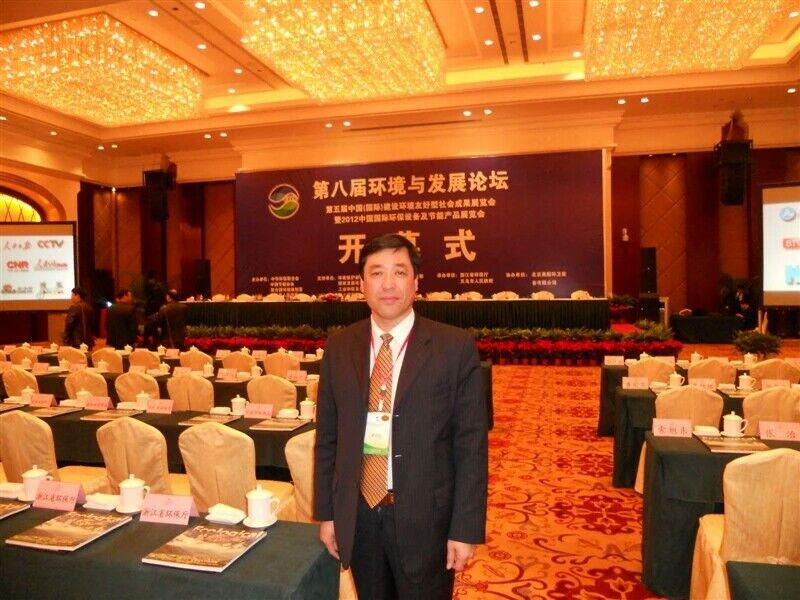�^ȥ��ɕr(sh��)
[���}]
1.Though he had often made his little sister cry, today he was made to cry by his little sister.
���M������ǰ��Ū������С���ã�����s��С����Ū������������
2.We had just had our breakfast when an old man came to the door.
����(d��ng)�@λ���ˁ����Ҽҕr(sh��)���҂��������^�����������
3.Until then, his family hadn't heard from him for six months.
�����Ǖr(sh��)���������ѽ�(j��ng)����(g��)�]���յ����ā����������
[����]�^ȥ��ɕr(sh��)��ʾ���^ȥijһ��(d��ng)���l(f��)��֮ǰ����һ��(g��)��(d��ng)����������������^ȥ���^ȥ������������õ���̖(h��o)�~��by����before�Ƚ��~����until������when��after����once����as soon as����by the end of���~����(d��o)�ı�ʾ���^ȥijһ�r(sh��)�g��ֹ�ĕr(sh��)�g���Z����ʾ�������
[���}]
4.Hardly had he arrived when she started complaining.
��������������������_ʼ��Թ�������
5.No sooner had he finished his performance than the audiences began to cheer.
�������������^���ͺȲ�������
[����]�^ȥ��ɕr(sh��)������"no sooner...than",��"hardly...when(before)"�Ⱦ��͵���������������ľ䳣��һ���^ȥ�r(sh��)���
[���}]
6.Yhere was a knock at the door. It was the second time someone had interrupted me that evening.
���������T���������������ϴ�_�ҵĵڶ���(g��)��������
7.I found that my cheating in yesterday's English test had been reported to my parents that very evening.
���Ұl(f��)�F(xi��n)�P(gu��n)��������Ӣ�Z������֮�������ڮ�(d��ng)�����Ͼ�֪ͨ�Ҹ�ĸ�������
[����]�^ȥ��ɕr(sh��)�������e�Z�ľ�Ͷ��Z�ľ��������
[���}]
8.I had hoped to seek your advice, but you happened to be away.
���ұ���ϣ������Ո(q��ng)�������������㲻����������
9.I had intended to make a cake, but I ran out of time.
����ԭ���������K�����������]�Еr(sh��)�g�����������
[����]��(d��ng)�~hope�����intend���mean����plan��ʹ���^ȥ��ɕr(sh��)ֻ��ʾδ�܌�(sh��)�F(xi��n)��ϣ��������Ը�������������e�Z�ľ���������ľ�������would+��(d��ng)�~ԭ�ε���ʽ�����
(������վ��ʹ�ÈDƬ��������oע����վԭ��(chu��ng)����W(w��ng)���D(zhu��n)�d�������������վ���d��(n��i)���Թ������о���Ŀ���������猦(du��)���d��(n��i)���Ю��h�����Ո(q��ng)(li��n)ϵ��վվ�L������վ����(bi��o)��ԭ��(chu��ng)�����֘ӻ���������վ�Ɏ��������������D(zhu��n)�d�r(sh��)Ո(q��ng)��(w��)��ע����̎�������������t�����䷨��؟(z��)������) |










